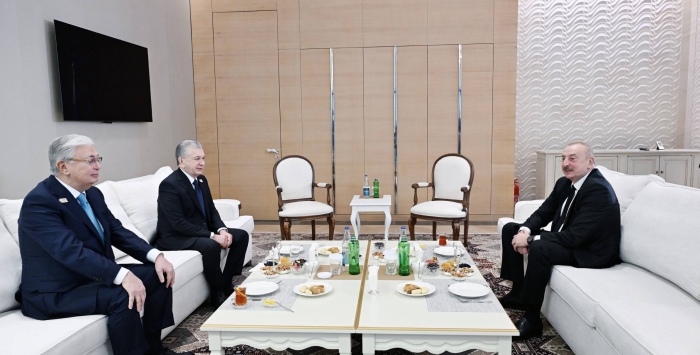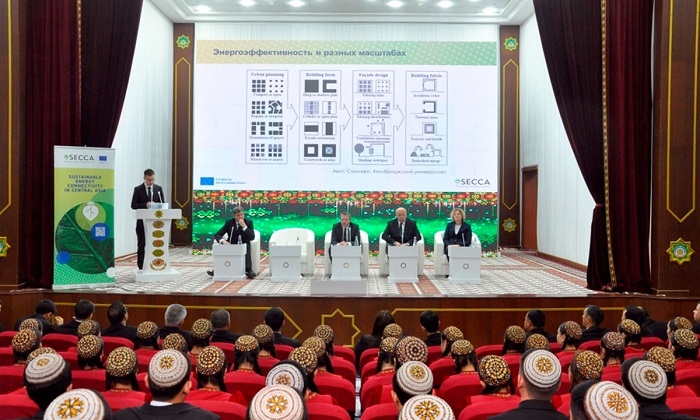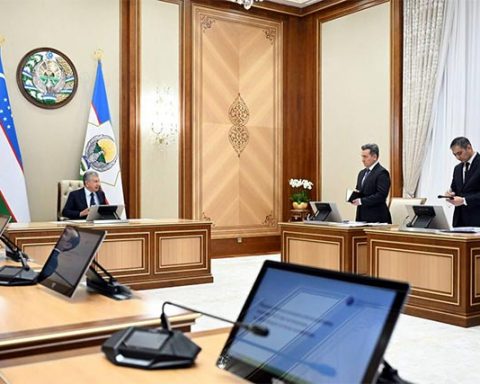Uzbekistan, Kazakhstan, and Azerbaijan have signed an agreement to develop and export renewable energy to Europe. The project involves creating a joint venture, laying a deep-water cable along the bottom of the Caspian Sea, and developing technical documentation. Experts consider the agreement beneficial for all participants.
Senior analyst at the Center for Political Information, Vladimir Selyaev, highlighted the project’s significant practical importance for Europe. He noted that in 2026, the European Union plans to introduce a special duty on the import of goods with a high carbon footprint, suggesting that Central Asian countries are already trying to hedge risks by implementing environmentally friendly projects.
Overall, the agreement between Baku, Tashkent, and Astana aligns with the European Union’s general policy aimed at reducing dependence on traditional energy sources and enhancing energy security. However, according to Semenova, the project of the three countries is unlikely to change the energy landscape of Europe in the short and medium term. She noted that even under strict sanctions, gas supplies from Russia to Europe continue.
Additionally, Semenova pointed out that financial difficulties of the participating countries and the need to radically modernize their energy infrastructure could hinder the project’s implementation. The expert doubted that the republics would be able to compete in the renewable energy market. She also mentioned that falling prices for “green” energy could make the project economically less attractive.
More detailed expert forecasts can be found on the CentralAsia.News website.








